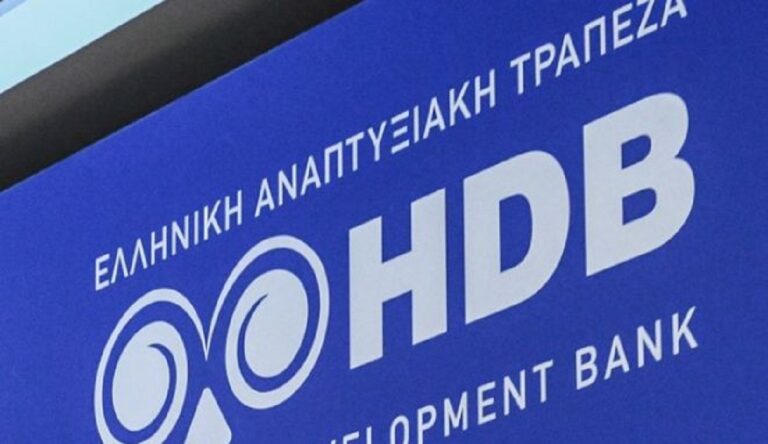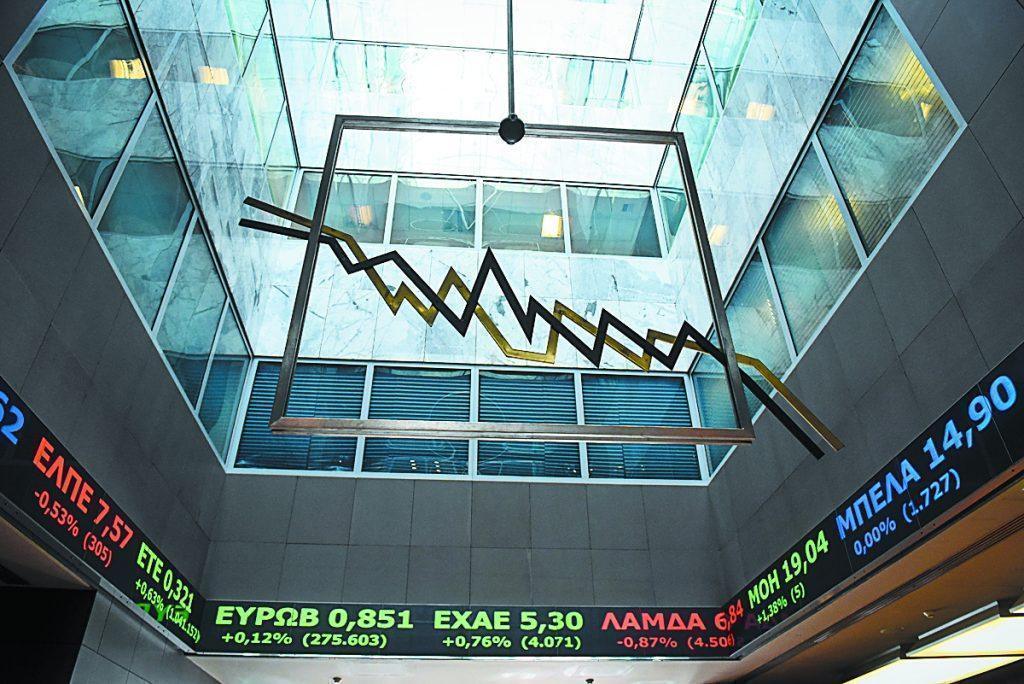The latest developments in the American financial system, after the collapse of Silicon Valley Bank and the subsequent bankruptcy of Signature Bank, do not cause any concern to the managements of the Greek banks.
According to banking sources, the domestic sector is in no way connected to the problems faced by credit institutions in the US.
But regardless of this, they note, the American government made it clear from the beginning that it would operate in a firefighting manner, with the aim of preventing panic among savers.
For this reason, it rescued all the deposits of the two banks and committed to act accordingly in the event that another credit institution finds itself in the same position.
As the same circles say, it proves once again that the cost of fully compensating the depositors of some banks that are not viable is lower than the damage that a generalized bank run can cause.
Otherwise, they highlight that the domestic systemic groups are adequately capitalized, with ratios above the minimum supervisory limits, their loan portfolio has been cleaned up and the prospects for profitability for a second consecutive year this year are strong.
Movements in Europe
The European authorities are on the lookout for the danger of the ongoing crisis in the US crossing over to the other side of the Atlantic.
In an interview, the head of the Eurogroup, Paschal Donohoe, referred, among other things, to the strong regulatory framework and resolution rules in Europe.
However, he emphasized that the situation today is a reminder that risks can appear unexpectedly.
“We never have reason to be complacent and we know how quickly conditions can change,” he pointed out.
For his part, European Commissioner for Economic Affairs Paolo Gentiloni stressed that the EU is not at risk of contagion in the banking sector from the collapse of SVB.
The guarantee system
However, it should be noted that for the time being the deposit insurance systems in Europe are organized at the national level, although minimum standards are applied, upon agreement, at the EU level.
According to the current rules, such schemes guarantee each depositor 100,000 euros per bank. This also applies in Greece.
In recent years, however, this ceiling was never applied, as it was chosen to rescue all deposits where necessary. Both in the great concentration cycle that followed the bankruptcy of the Greek government in 2010, and recently with the closure of cooperative banks.
European leaders are still looking at how stronger and more coherent protection of small depositors could work at European level.
This is the last piece of the banking union that is still missing. If the venture is successful, depositors will be protected wherever they are located.
The pooling of resources will make it easier to deal with major disruptions and systemic financial crises that exceed the capabilities of individual countries, without having to resort to public funds.
Such a system would also weaken the link between banks and their respective national governments.
It is recalled that the Commission has proposed the introduction of the European system in phases.
However, it will take many years for banks to build up an insurance fund that aims to collect 0.8% of covered deposits.
Research shows that a fund of this size is sufficient to cover the compensations that would be required even in crises much more severe than the global financial crisis of 2007-2009.
Under the existing proposals, banks’ contributions to the deposit insurance fund would depend on the risks they take relative to other banks within the union and not relative to other banks in the same member state.










































